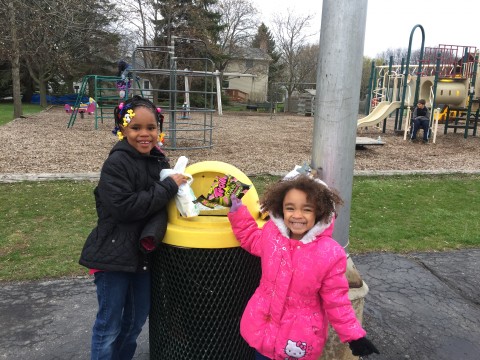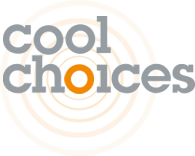“If you want to go fast, go alone. If you want to go far, go together.” African Proverb
Achieving 100% clean energy is the epitome of going far—which means you’ll need all the help you can get. As you reduce emissions, keep in mind various ways you can leverage funding and expertise in support of your efforts.
Funding
By committing to ambitious climate goals your community set itself apart as a leader. Your efforts can inspire other communities to set goals and your learnings will help those communities make their own change happen. All of that can be appealing to funders who support efforts around climate change as well as entities committed to the ongoing success of your particular community.
Potential sources of financial support for your efforts might include:
- Wisconsin’s Office of Energy Innovation’s Energy Innovation Grant Program. In 2018 this program funded more than 30 local government projects in the state, including an energy-planning project that involved seven Dane County communities.
- Focus on Energy, which offers rebates for specific energy efficiency and renewable energy technologies.
- Community-based and regional foundations that are committed to the ongoing success of your community
- Initiatives aimed at smart cities, innovation or economic development
While the specifics will differ, every community that leads on clean energy will have access to financial support that’s not available to less visionary communities.
Expertise
In addition to financial resources, communities need technical assistance. Some communities need help developing a carbon inventory while others seek experts to assist with community engagement or procuring renewable energy.
The most obvious source of assistance is private consultants and definitely there are talented folk out there. In many cases, though, communities have limited funds to pay for expertise. We recommend you check out:
- University resources, including faculty in engineering, public policy and other fields who want real-world projects for their students. Reach out to a campus near you to explore whether your questions might be a great project for students.
- Experts at Focus on Energy, the Office of Energy Innovation and your local utility are also available. While these folks can’t typically do a study for you, they can offer resource suggestions.
- Energy On Wisconsin is a great resource for Wisconsin communities—chock full of case studies and links to opportunities.
In every case, these experts are likely to reference leaders in other communities that are on a similar sustainability quest. And that, of course, is another great resource.
Cross-Community Collaboration
Collaborating with leaders in other communities is another excellent way to leverage resources and insights.
You can learn from leaders in communities that are pursuing goals similar to your own.
You can partner with neighboring communities to achieve economies of scale. A great example is the seven Dane County communities that are collaborating on clean energy plans with funding from the Office of Energy Innovation.
In some cases there will be an opportunity to collaborate with overlapping jurisdictions. The City of Eau Claire, UW-Eau Claire and Eau Claire County have all established climate goals—which creates a great opportunity for collaboration. As more entities—including K-12 school districts—commit to clean energy goals these opportunities for collaboration will multiply.

